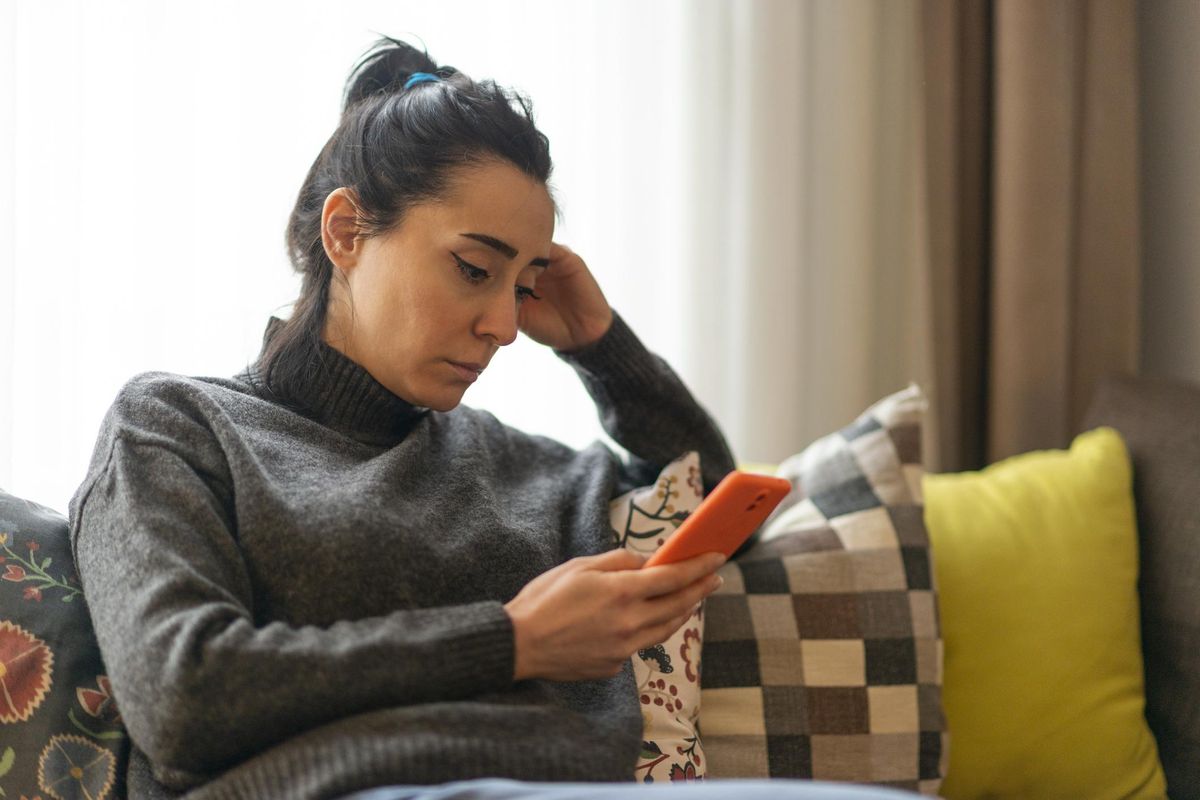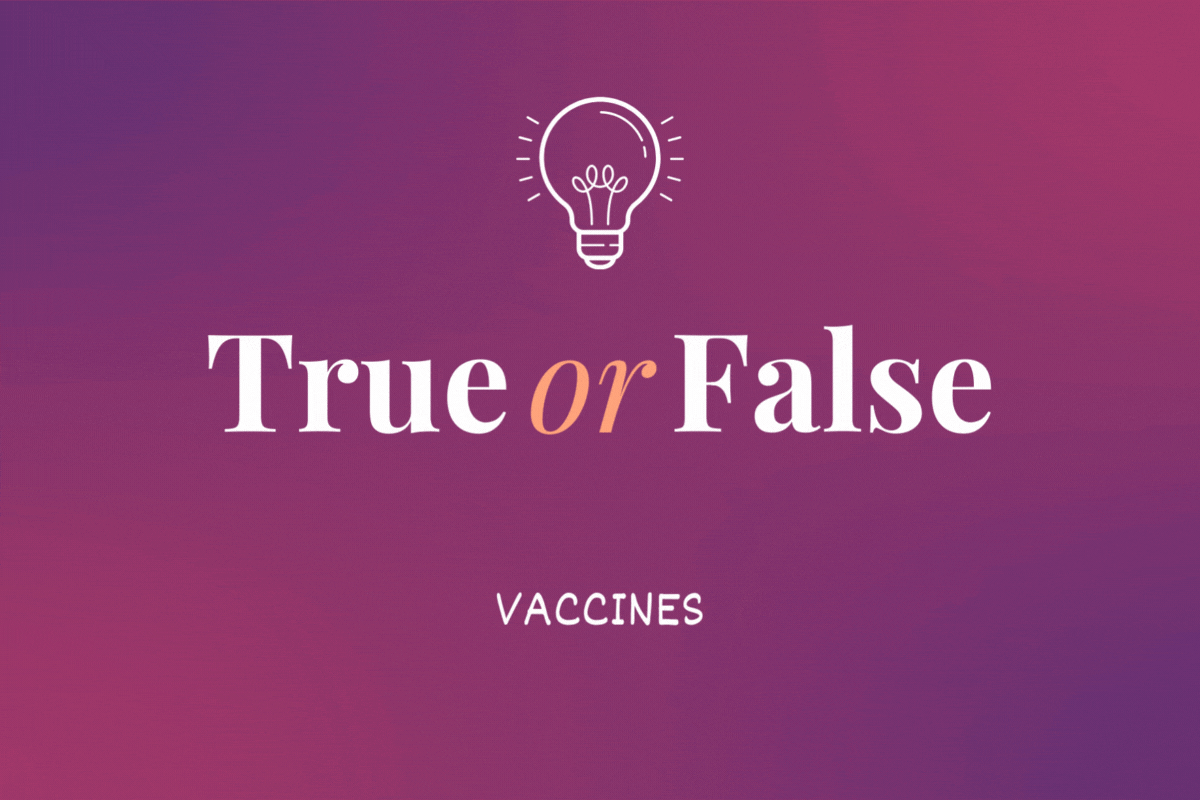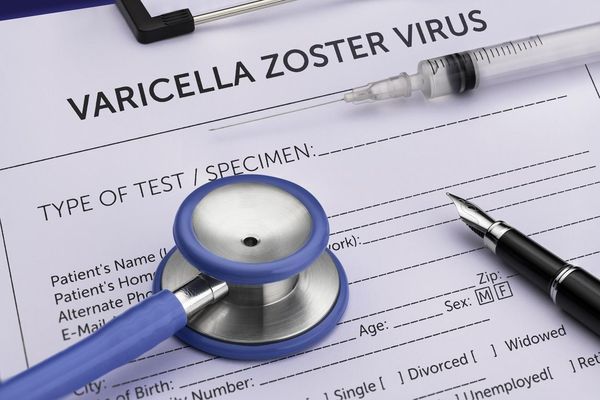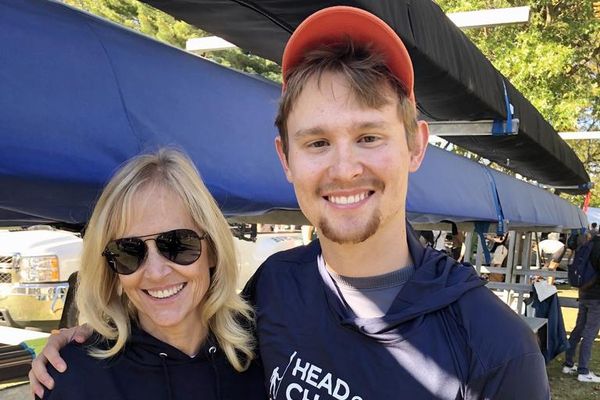Mashaya Engel spent 2021 researching and preparing for the arrival of her first child. Every day, Engel found herself scouring the internet, reading baby-related articles and using various pregnancy apps, including an app called What to Expect, a pregnancy and baby tracker.
Most of what she found on the app was informative and credible — until she came across the community forum. It was there that she saw moms and moms-to-be sharing misinformation and disinformation about vaccines, particularly for Covid-19 vaccines.
"It made me cringe," Engel, 26, of South Dakota said. "I was kind of baffled and said to myself, 'It's 2021, people should be more pro-science.'"
On the app, Engel saw moms questioning the safety of vaccinating their children. She also said that some moms were touting microchip conspiracy theories and encouraging other pregnant women not to get vaccinated. (Note: "What To Expect," made significant new investments in content moderation and told The Washington Post it began banning conspiracy theorists on the first offense.)
According to a November 2021 Kaiser Family Foundation (KFF) survey, eight in 10 U.S. adults either believe or aren't sure about at least one of eight false statements about the Covid-19 pandemic or Covid-19 vaccines.
Kathleen Hall Jamieson, the director of the Annenberg Public Policy Center at the University of Pennsylvania, has been tracking misbeliefs and conspiracy theories about the Covid-19 vaccines since March 2020.
What’s the difference between misinformation and disinformation?
The difference between disinformation and misinformation is a matter of intent. "Disinformation is deliberate," Hall Jamieson said. "So if you state that something is disinformation, you're assuming that the people who are disseminating it know that it's false and they are, as a result, engaged in a particularly [harmful] form of communication, as opposed to misinformation that can be innocent."
Both forms of falsehoods about the Covid-19 vaccine have consumed the American ethos and added to an already polarized climate. (According to Hall Jamieson, there is no evidence or historical record that there was this type of significant misinformation problem with other vaccines, like the polio vaccine that began being administered in the 1950s.)
She says it's troublesome because of the preventive nature of receiving the Covid-19 vaccine and the fact that the vaccine protects people and is the societal solution to bring the pandemic under control.
Scientists and communication about Covid-19
According to Hall Jamieson, scientists have struggled with crafting the correct language to inform the public about Covid-19, mask-wearing and the vaccine since the start of the pandemic.
"The public does not understand some of the things that scientists assume and, as a result, can misunderstand statements that are made," she said.
For example, mRNA vaccines are new for the public, but scientists and researchers have worked on them for decades. Hall Jamieson wishes that the messaging from scientists about mRNA or messenger RNA, which was used to create the Pfizer and Moderna Covid-19 vaccines, had been more easily understandable.
"Sometimes we treat [people's fears about vaccines] as just irrational without realizing that many of us live in a community where we understand all of that … If we didn't, we would be warier too."
Where is Covid-19 misinformation and disinformation coming from?
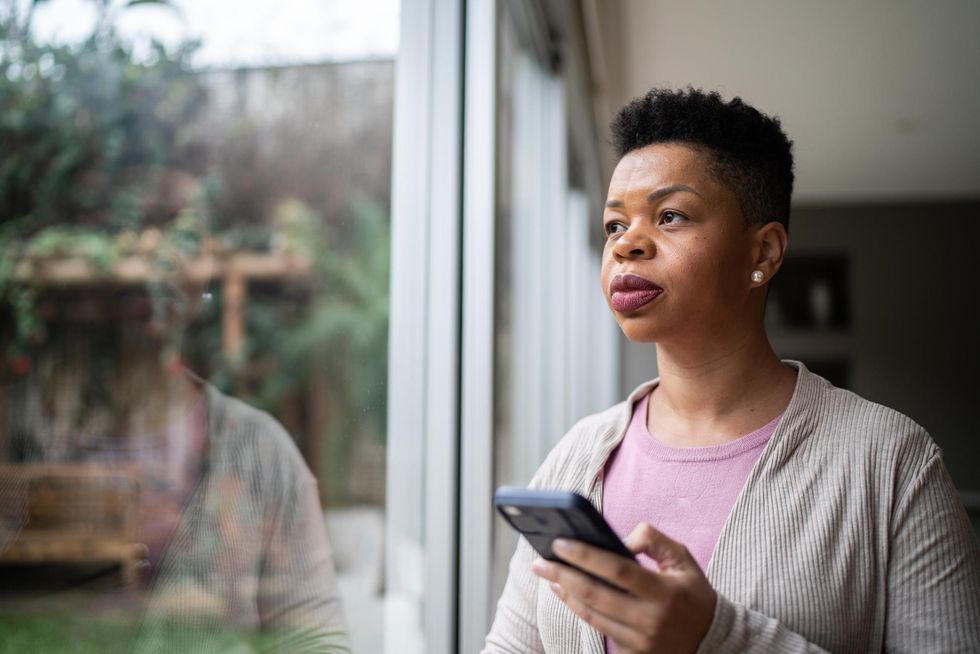
iStock.com/FG Trade
It’s now three years into the pandemic, and only 65% of the U.S. population is vaccinated. So Hall Jamieson and her team have been running panels and surveys to discover why that number isn’t higher.
In a January 2022 survey about vaccine misinformation, researchers asked whether respondents were opposed to getting the Covid-19 vaccine. The survey found that 23% of the sample were not vaccinated. They were made up of two groups: 14% said there is nothing that will change their minds. But 9%, or over 23 million adults who are 18 and older, are potentially persuadable and said they are likely to be vaccinated in the future.
"Now the question is, What is their reservation? How do we understand their reservation? And then how do we help them overcome it?" Hall Jamieson said.
According to Hall Jamieson, there is not one leading source of misinformation because it all depends on the person who’s hearing it, what their media and social media habits are and whether they seek out alternative views.
"None of us consume the whole of any platform," Hall Jamieson explained. "So I can be on Facebook and have the best information I've ever been able to have in the history of my life. Or I can be on Facebook and have the worst information I could ever have in the history of my life, and I am on the same platform in both instances."
For social media in particular, once a person reads or seeks out misinformation, the algorithm can serve to drive them toward more of the same.
"So on Fox News, Ingraham, Hannity and Tucker Carlson are not the same as Bret Baier and Chris Wallace when he was there," she said. "So you don't want to say, ‘Well, it's Fox News,’ because if somebody is watching Bret Baier and Chris Wallace, they are not being exposed to misinformation about the Covid-19 vaccination. If they're listening to the other three? Yeah, they probably are."
Weeding out disinformation and misinformation
Social media platforms like Facebook and Twitter have worked to curb the spread of misinformation and disinformation online. Twitter even created a Covid-19 misinformation policy, where violators could have their tweets removed, locked or suspended.
Hall Jamieson said that the best way to weed out misinformation and disinformation is to increase the likelihood that people have sources they can rely on for good information. She said that's why it's so essential for federal agencies like the CDC, NIH and FDA to have web pages with reliable sources.
She also said people who are long-form, mainstream print news readers, who consume content from outlets like the Wall Street Journal, Associated Press and The New York Times are more likely to hold accurate beliefs about health because they are routinely exposed to a news structure that values factual information about best available science knowledge at that moment.
Back to Engel, who gave birth to her baby girl in August. She said she still sometimes sees people sharing misinformation and disinformation on other apps like Facebook, but she ignores it and hopes others will be more careful about the information they consume.
After all, getting the facts can be a matter of life and death.
- Corralling the Facts on Herd Immunity | Kaiser Health News ›
- How many people need to get a COVID-19 vaccine in order to stop ... ›
- What's not being said about why African Americans need to take the ... ›
- Can schools require COVID-19 vaccines for students now that ... ›
- What happens when the COVID-19 vaccines enter the body – a road ... ›
- Can Schools Require COVID-19 Vaccines for Students Now That Pfizer’s Shot Is Authorized for Kids 12 and Up? - HealthyWomen ›
- How Many People Need to Get a Covid-19 Vaccine in Order to Stop the Coronavirus? - HealthyWomen ›
- What’s Not Being Said About Why African Americans Need to Take the Covid-19 Vaccine - HealthyWomen ›
- Corralling the Facts on Herd Immunity - HealthyWomen ›
- Why Aren’t Pregnant Women Getting Vaccinated? - HealthyWomen ›
- Why Aren’t Pregnant Women Getting Vaccinated? - HealthyWomen ›
- Fact or Fiction? Vaccines - HealthyWomen ›
- Understanding the Different Types of Covid-19 Vaccines - HealthyWomen ›
- Facts About Covid Vaccines - HealthyWomen ›

